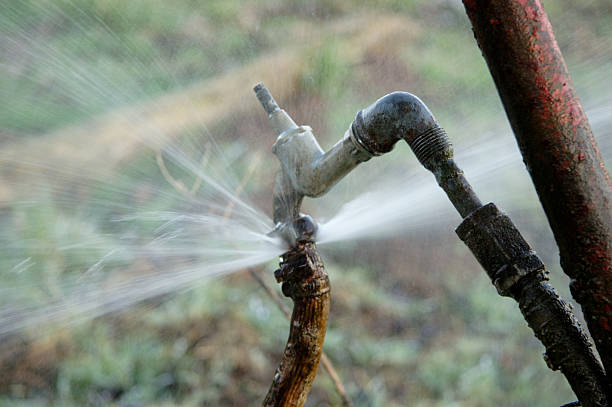Let’s critically discuss how some community members may frustrate the achievement of social justice by the manner in which they use the water resources:
Need Help?
[quform id="1" name="Schools Form"]Navigating Water Resources for Social Justice: Analyzing Community Contributions and Challenges
Introduction
Achieving social justice requires equitable access to resources that sustain life, and water is undeniably one of the most fundamental. However, in the context of South Africa, where issues of water scarcity and unequal distribution persist, the manner in which community members utilize water resources can either contribute to or frustrate the attainment of social justice. This article critically examines how certain community behaviors might hinder the achievement of social justice in the context of water usage, focusing on factors such as wasteful practices, unsustainable agricultural methods, and lack of collective responsibility.
Table of Contents
How Some Community Members May Frustrate The Achievement of Social Justice By The Manner In Which They Use The Water Resources
Some community members may frustrate the achievement of social justice by the manner in which they use the water resources through:
- Wasteful Practices
- Unsustainable Agriculture
- Lack of Collective Responsibility
- Disconnect from Environmental Impact
1. Wasteful Water Practices:
One of the significant challenges in realizing social justice in water usage stems from wasteful practices within communities. South Africa, like many regions, faces water scarcity concerns, making every drop of water precious. Yet, wasteful behaviors such as leaving taps running, using excessive water for recreational purposes, or not fixing leaks promptly contribute to unnecessary water loss. Such practices perpetuate unequal access to water, as communities that can afford to waste water exacerbate scarcity for those with limited access.
2. Unsustainable Agricultural Methods:
Agriculture is a vital sector in South Africa, but some farming practices contribute to water resource depletion and inequality. Certain agricultural methods, such as intensive irrigation without considering water efficiency, can strain local water sources. Large-scale farming operations that prioritize profit over sustainable water usage can exacerbate inequalities, as they consume vast amounts of water, leaving less for surrounding communities. In this context, social justice is compromised as water-intensive agriculture may prioritize economic gains over equitable resource distribution.
3. Lack of Collective Responsibility:
Social justice hinges on the principle of shared responsibility and communal well-being. However, when community members do not collectively value and manage water resources, disparities can arise. Some individuals might neglect water conservation efforts, believing their actions have minimal impact. This lack of collective responsibility can result in imbalances, as certain individuals or groups bear the brunt of water scarcity while others continue wasteful practices. Without a sense of shared stewardship, the achievement of social justice in water usage remains elusive.
4. Disconnect from Environmental Awareness:
A lack of awareness about the broader environmental context can hinder social justice in water usage. Some community members might not fully comprehend the consequences of their actions on water resources, particularly in relation to vulnerable ecosystems and downstream communities. Disconnection from the environmental repercussions can lead to unintended negative consequences for both local and distant populations, undermining the principles of equity and justice.
Conclusion
The path to social justice in water usage demands a collective effort that encompasses responsible practices, sustainable approaches, and an understanding of the broader impact of individual actions. In South Africa, addressing challenges related to wasteful water practices, unsustainable agriculture, lack of collective responsibility, and environmental awareness is essential. By fostering a culture of conservation, promoting education about water scarcity, and emphasizing the interconnectedness of communities, South Africa can work towards a more equitable and just distribution of water resources. Ultimately, it is through a collaborative commitment to responsible water usage that social justice can be realized, ensuring that every individual has access to this essential resource.

